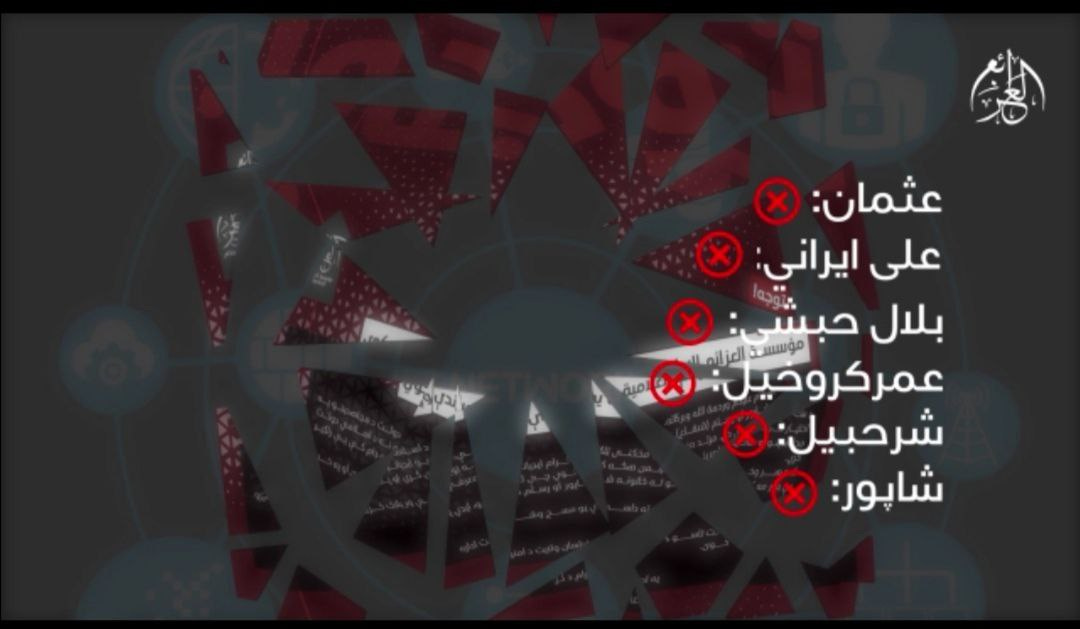One of the more notable recent trends in the Islamic State Khurasan Province’s (ISKP) media and communications sphere has been the surging concerns of the group and its supporters about their spaces becoming infiltrated by bad actors, Taliban spies, and foreign intelligence agents.
Militant Wire’s Lucas Webber and Riccardo Valle reported on this phenomenon in early August (which you can read below), but things have since accelerated, and the advisories to practice better operational security have become more institutionalized by ISKP’s propaganda organ, Al-Azaim Foundation for Media Production.
Al-Azaim operatives and ISKP supporters alike ramped up their warnings about infiltrators in June, although there were certainly concerns voiced prior. ISKP has treated these threats with greater urgency since a militant cell was reportedly attacked by the Taliban after being betrayed by a mole. News of this incident spread rapidly throughout Telegram channels and social media platforms in late June and early July.
Statements about Taliban spies and the identities of suspected hostile actors continued into August, and Al-Azaim has increasingly taken on the lead role of sounding the alarm when a bad actor is detected in their networks. Interestingly, Al-Azaim has translated its warnings into several languages to notify its fighters and supporters from its various linguistic contingents.
August Statements
In the first days of August, Al-Azaim issued a warning addressing its members in Iran that Iranian agents were hacking Telegram IDs and trying to capture ISKP supporters.
In another instance, Al-Azaim informed supporters that ISKP members have been arrested by the Taliban and told followers not to communicate or send money to them as the Taliban would receive it.
Another alert by Al-Azaim warned that two ISKP members have been arrested and their accounts hacked. However, a second statement was issued and clarified that one of them is fine, but his account was hacked, thus advice was given to simply avoid communication with his compromised account.
ISKP’s Tajik media wing released a statement about the incident and warned their supporters to exercise caution online as the enemy is lurking about and making moves to identify, detain, and harm Islamic State sympathizers.
September Statements
The move towards institutionalizing ISKP’s early warning system and recommendations to exercise greater operational security was perhaps best encapsulated by the recent release of a video on the subjects by Al-Azaim. The narrator cautions of foreign intelligence agencies looking to infiltrate ISKP networks and capture its members. It lists the identities of six alleged spies and tells its members to avoid interaction with said individuals.
Al-Azaim’s Uzbek wing put out a release describing a man pretending to be Islamic State and claiming there is a new ISKP Turkistan province. ISKP ultimately accused the individual of being an intelligence agent.
ISKP Institutionalizes Warning System
ISKP will be targeted by domestic and external intelligence operatives as it continues its attacks on government personnel and vulnerable groups in Af-Pak, hits international targets inside Afghanistan as with the Russian embassy suicide bombing, strikes neighboring countries as seen with the rocket attacks on Uzbekistan and Tajikistan, and threatens regional states like China, Iran, India, and others.
The rising anxieties about infiltrators are perceptible in ISKP’s internal discourse and in Al-Azaim’s more public-facing propaganda content. ISKP has increasingly taken the initiative on this, created official protocols, and streamlined the process to deal with the threat.
Supporters were generally the first to warn about spies and bad actors, then ISKP began putting out official statements, and now Al-Azaim is primarily shouldering the task and warning early and often about such threats. These efforts are expanding and becoming more complex as exemplified by the recent release of a video on this, whereas prior the warnings were issued exclusively in print form.












Attacking Shias goes back to an historic phenomena of over 1000 years ago, where Shias assassinated high ranking Sunni Saljuki and Abasi leaders in Iran, since then killing Shias for IS is a pride.